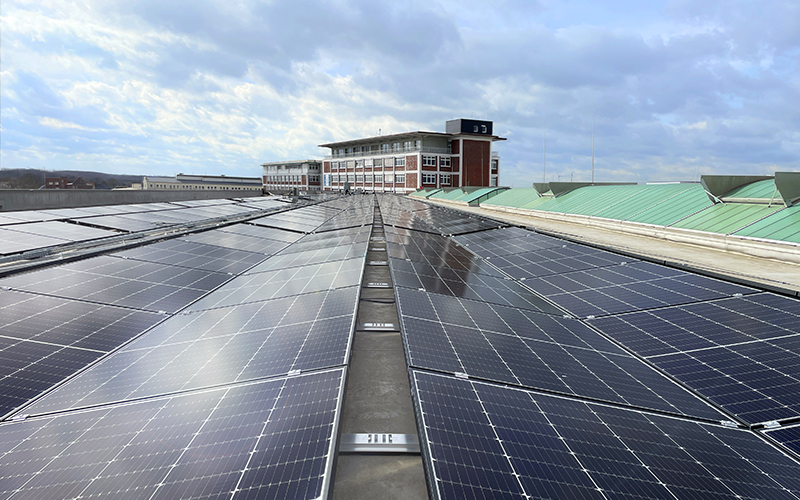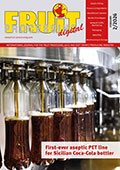GEA invests EUR 50 million in German centrifuge production sites
GEA will invest around EUR 50 million in the modernization of its German centrifuge production facilities in Oelde (North Rhine-Westphalia) and Niederahr (Rhineland-Palatinate) by the end of 2024. The engineering group made the announcement at a press conference marking the 130th anniversary of GEA separation technology …

GEA will invest around EUR 50 million in the modernization of its German centrifuge production facilities in Oelde (North Rhine-Westphalia) and Niederahr (Rhineland-Palatinate) by the end of 2024. The engineering group made the announcement at a press conference marking the 130th anniversary of GEA separation technology at its Oelde site. By investing in sustainable production, digitalisation and automation, GEA is targeting further growth in its key markets, which include the food, beverage and pharmaceutical industries.
GEA centrifuges are used in more than 3,500 different processes in a wide range of industries. Growth drivers include applications for alternative protein production and global demand for dairy products. The investment package for the centrifuge plants is based on four pillars: sustainability, digitalisation, automation and modern manufacturing technologies.
Climate-friendly production through the use of renewable energy
Already today all GEA production sites are powered by green electricity. In the long term the electricity supply for GEA’s sites will come from local renewable energy sources. At the Oelde facility, several large-scale photovoltaic systems will cover about one-tenth of the site’s electricity requirements, including the provision of electromobility. An in-house combined heat and power plant already generates around 30 percent of the electricity required. Since waste heat is also used, 94 percent of the primary energy utilised is recycled. Process heat generation, which is important for production, will also be converted to alternatives such as electric steam generation, which will enable the Oelde and Niederahr sites to operate without gas in the near future.








